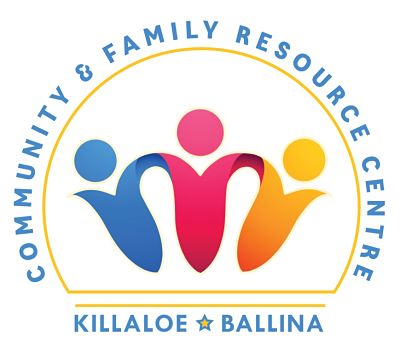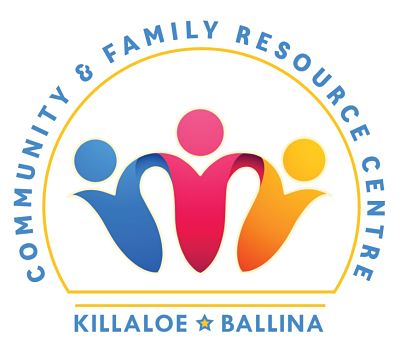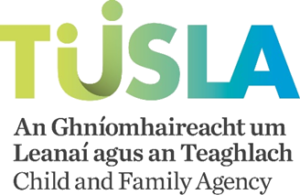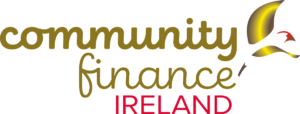Day 12: Abuse increases mental and physical health risks
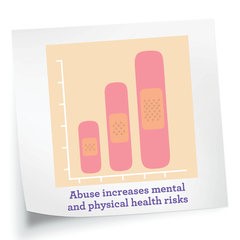 Women and children experiencing domestic violence should never be portrayed as passive victims. Women’s Aid continues to be inspired by the women who use our services. Women, who are trying to live their lives, raise their children, study, work, and look after themselves and others, but who are doing so while suffering the most horrific abuse.
Women and children experiencing domestic violence should never be portrayed as passive victims. Women’s Aid continues to be inspired by the women who use our services. Women, who are trying to live their lives, raise their children, study, work, and look after themselves and others, but who are doing so while suffering the most horrific abuse.
Women’s strength and resilience in the face of unimaginable abuse and fear, should not be underestimated. Yet, the impact of the abuse on the women we meet, cannot be minimised or downplayed.
Women experiencing domestic violence are controlled and treated as unequal human beings. They are put down to the extent that can erode their confidence in themselves or their own abilities. Women are trapped with very few options to leave. They are beaten, hospitalised and can have ongoing and long-term physical health issues. Women can develop mental health issues and in some cases be over-reliant on alcohol and drugs. Women are raped, sexually abused and have no freedom to negotiate a safe and respectful sexual relationships. Women are isolated from supports and from family and friends.
The Health impacts of abuse as disclosed to Women’s Aid in 2016 include:
- Broken limbs, broken teeth, broken jaw, bruising to the face and body, head injuries and internal injuries sue to rape and sexual assault.
- Being left with permanent scars and disfigurement.
- Being hospitalised, losing consciousness due to strangulation.
- Sexual health issues including lack of access to family planning, STI’s or experiencing an unplanned pregnancy due to rape.
- Experiencing miscarriage as a result of assault.
- Loss of job, loss of home, experiencing hardship as a lone parent.
- Alcohol and substance misuse.
- Post-traumatic stress, anxiety, suicidal ideation and attempted suicide
- Feeling exhausted, isolated, depressed. Having low self-esteem and self-doubt as a result of the abuse
The mental and physical health effects reported by women experiencing domestic violence are significant, immediate and long term, and wide-ranging. The ultimate cost can, in some extreme cases, be fatal.
Women who have experienced domestic violence are at an increased risk of depression and suicide attempts; physical injuries; psychosomatic disorders; unwanted pregnancies; HIV and other STIs; being killed by a partner. (World Health Organisation, World Report on Violence and Health, 2002)
The effects of violence on a woman’s health are severe. In addition to the immediate injuries from physical assault, women may suffer from chronic pain, gastrointestinal disorders, psychosomatic symptoms, and eating problems.
Emotional abuse can also have devastating health impacts. Domestic violence is associated with mental health problems such as anxiety, post-traumatic stress disorder, and depression. Some studies indicate that women experiencing abuse are at heightened risk for suicide.
Reproductive health is also at a hugely increased risk for women experiencing abuse by their partner, often including sexual violence. Women who are abused suffer an increased risk of unplanned or early pregnancies and sexually transmitted infections, including HIV and AIDS.
As trauma victims, they are also at an increased risk of substance abuse. According to a U.S. study, women who experience intimate partner abuse are three times more likely to have gynecological problems than non-abused women.
Domestic violence can be fatal. As previously discussed, 1 in every 2 female homicide victim in Ireland was killed by a current or former partner. Women are both intentionally murdered by their partners and lose their life as a result of injuries inflicted by them. Choking and strangulation, incredibly threatening and brutal tactics often used in abuse, can go undetected by police or health professionals because they rarely leaves physical marks. Injuries resulting from choking or strangulation can often be lethal.
Read more about the health effects of violence against women and girls on the WHO Fact Sheet here. https://www.who.int/gender/violence/v8.pdf
If you or someone you know are experiencing any of these forms of abuse, you can call the Women’s Aid 24hr National Freephone Helpline 1800 341 900. We will listen, believe and support you.
Out of Silence – the impact of domestic violence on women’s mental health by Orla O’Connor
 Women experiencing domestic violence often describe the mental torture caused by their abuser.
Women experiencing domestic violence often describe the mental torture caused by their abuser.
Abusive relationships have a significant negative impact to a woman’s mental health. When a woman is continually being abused by an intimate partner and put down, her autonomy and belief in herself is continually eroded. Her abuser may use her mental pain against her, accusing her of being ‘insecure’, of being ‘paranoid’, of being ‘crazy’. The cycle of abuse, physical, emotional and sexual is inherently damaging to a woman’s mental health.
In the National Women’s Council of Ireland (NWCI) we have been working to improve women’s access to women-sensitive health services for more than 40 years. Our members, working with women on the front-line, including in women’s refuges and domestic violence services, tell us about the significant link between violence and women’s mental and physical health.
The everyday inequalities women face impact on their mental wellbeing. Women are much more likely to be the victim of domestic or sexual abuse, to parent alone, to be engaged in low paid precarious work, and to be the main provider of unpaid care. The reality of women’s lives means they can have specific mental health needs and require particular types of mental health supports.
This year, NWCI launched a docu-film, ‘Out of Silence: Women’s Mental Health in Ireland’ [Available on www.nwci.ie. Please note the film features scenes depicting domestic violence.] to show the different mental health experiences women face. The first film of its kind in Ireland, ‘Out of Silence’ explores mental health from a women’s perspective through interviews with women, health professionals and researchers. In the film, Emma Murphy describes how her experience of violence impacted on her sense of self. While experiencing domestic violence, she bravely shared her story on social media, showing the devastation that the abuse created in her life. According to Women’s Aid, when Emma’s video went viral they experienced an increase of 48% in the calls to their helpline.
Women experiencing violence may be in contact with domestic violence and mental health services. It is crucial that these services listen to women’s experiences and coordinate to provide the best supports to women. It is also important to recognise the barriers for women in abusive relationships and for those that have left abusers to disclose and seek support from mental health services. This is particularly the case for mothers who are have real concerns about the impact of seeking mental health support and how they will be viewed and portrayed as mothers in civil and family court proceedings. As part of a state response to domestic abuse all women should be automatically offered public access to therapeutic services.
With our partners – including Women’s Aid and women like Emma – NWCI will continue to campaign to ensure women and girls are safe from domestic violence and that all women can receive the supports, including the women-sensitive mental health services, they need.
Orla O’Connor is Director of National Women’s Council of Ireland (NWCI), the leading national women’s membership organisation in Ireland, with over 190 member groups.
